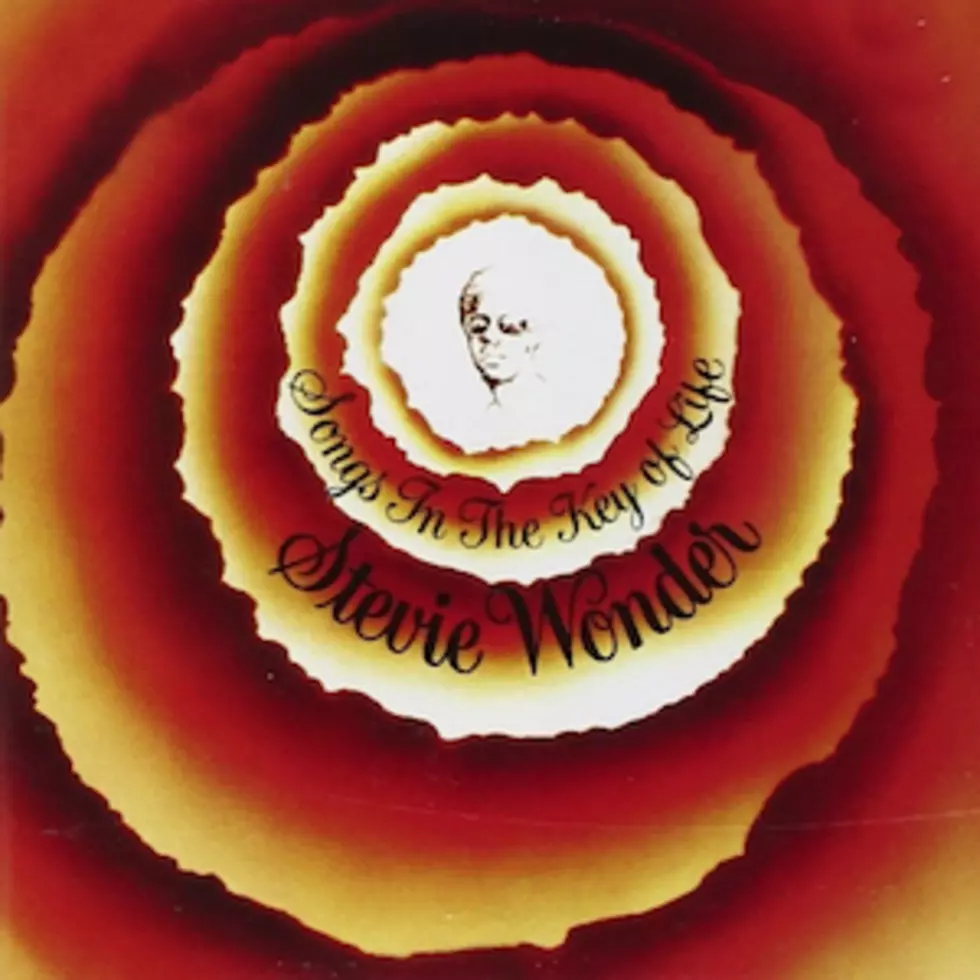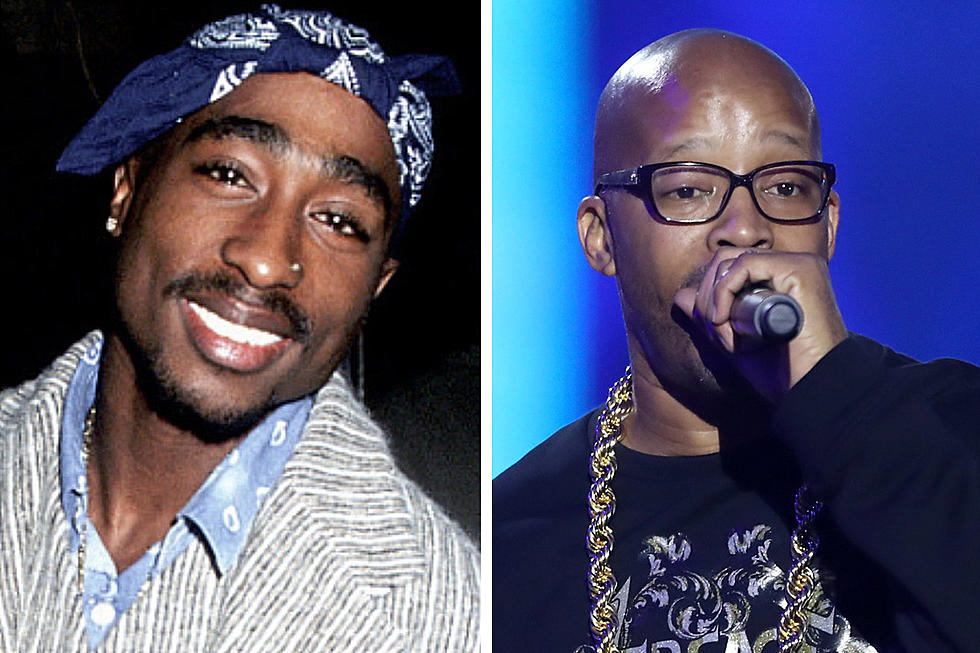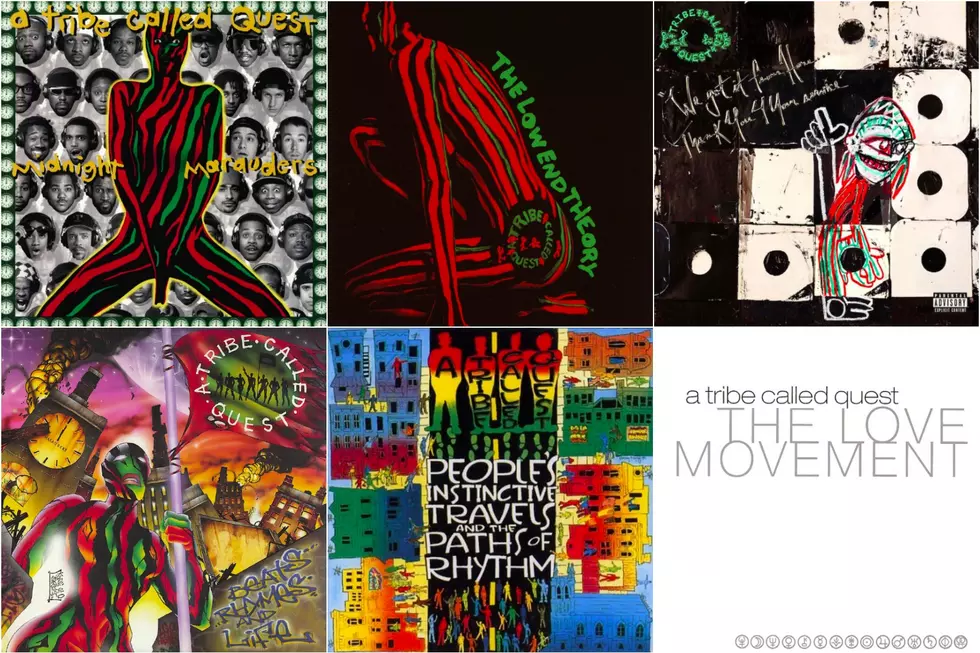
Five Best Samples from Stevie Wonder’s ‘Songs in the Key of Life’
When Stevie Wonder released his masterful album Songs in the Key of Life on Sept. 28, 1976, he was on an unparalleled creative streak that included his classic works Music of my Mind (1972), Talking Book (1972), Innervisions (1973), and Fulfillingness' First Finale (1974).
But Wonder was left unfulfilled. The veteran piano man talked openly of retiring from the music industry and traveling back to Ghana, where he felt his ancestral lineage could be discovered. Thankfully, he reconsidered his retirement plans.
After a contentious contract dispute with Motown Records, Wonder won the battle and secure himself an unprecedented 7-album, $13 million dollar deal and the promise of total creative freedom with his musical projects. The end result was Wonder’s magnus opus, Songs in the Key of Life, a brilliant narrative of the black experience.
The LP, which is often compared to Marvin Gaye’s classic 1971 album What’s Going On, featured some of the most incisive social commentary of the 1970s. Songs like "Love's in Need of Love Today,” "Village Ghetto Land" and “Pastime Paradise” addresses the plight of black America. On the funky, harmonica-driven "Have a Talk with God,” Wonder offers God as the antidote to the world’s despair.
But there are plenty of beatific tunes on the collection. Wonder celebrates parenthood on the joyous "Isn't She Lovely?" It’s Wonder’s daughter Aisha you hear splashing in the bathtub with her father in the background. The horn-blaring “Sir Duke” pays homage to the late composer Duke Ellington. The socially-conscious track “Black Man” honors black achievement in America and the infectious (also fan-favorite) "I Wish" finds Wonder reflecting on his childhood.
But no Wonder album wouldn’t be complete without his signature love ballads. The sunshiny “Knocks Me Off My Feet,” the anthemic “As" and the beautifully melodic “If It’s Magic” are sumptuous love songs that will touch your heart and soul. And if they don’t, then you need to check your pulse.
Over the years, Wonder’s Songs in the Keys of Life have influenced a generation of R&B singers sand rappers, many of whom grew up listening to the album on their parent’s phonographs. Artists such as 50 Cent, A Tribe Called Quest, Warren G, Coolio, Cassie, Rapper Big Pooh, Diddy, Erykah Badu, Snoop Dogg and many others have sampled tracks from this beautiful album.
To celebrate the LP's 40th anniversary, The Boombox gives you the Five Best Samples from Songs in the Key of Life. It's a testament to how much Stevie Wonder's masterful recording influenced hip-hop and R&B artists 40 years later.
- 5
"Ryder Music"
50 Cent50 Cent sampled the soulful vocals heard on Stevie Wonder's urgent ballad "Love's in Need of Love Today" to create a song that's tailor-made for riding in your whip.
- 4
"Ghetto Village"
Warren GWarren G sampled the Wonder's vocals and haunting synths from "Village Ghetto Land" for his G-funk track, "Ghetto Village." Much like Wonder's song, Warren G details the strife and strain of living in the ghetto.
- 3
"Just One Nite"
Cassie Featuring Ryan LeslieRyan Leslie masterfully sampled the melodic harp plays featured on Wonder's "If It's Magic" and turned "Just One Nite" into a danceable love song with Cassie singing come-hither lyrics to a potential lover.
- 2
"Footprints"
A Tribe Called QuestA Tribe Called Quest deliver an infectious banger with their 1990 song, "Footprints." Listen closely for the horn sample from "Sir Duke," which appears in the beginning and throughout the track. Bonus sample: The song also uses Public Enemy's classic 1987 banger "Public Enemy #1" for its drum break.
- 1
"Gangsta's Paradise"
Coolio Featuring L.V.Arguably, one of the best sampled songs in hip-hop history, Coolio's "Gangsta's Paradise" made him a bonafide pop star. The song borrows the melody and most of the lyrics from Stevie Wonder's 1976 song, "Pastime Paradise." Coolio won a Grammy for Best Rap Solo Performance for his efforts. Song trivia: In order for Coolio to use the sample, he had to remove the profanity on the demoed version per request by Stevie Wonder. "I had a few vulgarities...and he wasn't with that," recalls Coolio. "So I changed it. Once he heard it, he thought it was incredible." And the rest is Grammy-winning history.
More From TheBoombox









